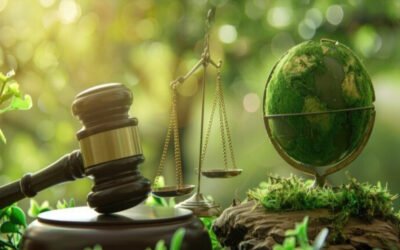1. Unlimited Personal Liability The owner is personally liable for all debts and obligations of the business. If the business incurs losses or faces legal action, the owner's assets can be used to cover liabilities. There is no legal distinction between the individual...
Sole Proprietorship Articles
How is a sole proprietorship different from a partnership or corporation?
1. Ownership Structure A sole proprietorship is owned by one individual. A partnership involves two or more individuals sharing ownership. A corporation is a separate legal entity owned by shareholders. Sole proprietorships and...
Who can own a sole proprietorship?
1. Eligibility Criteria Any resident individual in India can own a sole proprietorship. The person must be 18 years or older to legally enter into contracts. No educational qualifications or special skills are mandated by law. Foreign nationals or Non-Resident Indians...
What is a sole proprietorship?
1. Definition and Concept A sole proprietorship is a type of business entity that is owned and operated by a single individual. It is not a separate legal entity from its owner, meaning the owner and the business are considered the same for all legal and financial...
Describe how succession planning works for sole proprietorships
Introduction Succession planning in a sole proprietorship is the strategic process by which a business owner prepares for the transfer or continuity of their business in the event of retirement, incapacity, or death. Unlike corporations or partnerships, a sole...
Define the scalability limits of sole proprietorships
Introduction Scalability refers to a business’s ability to grow and increase its output, revenue, and customer base without a proportional increase in costs or complexity. In the context of sole proprietorships, scalability often presents unique challenges. A sole...
Describe how a sole proprietorship ends or dissolves
Introduction A sole proprietorship ends or dissolves when the sole owner decides to permanently cease business operations. Unlike corporations or partnerships, a sole proprietorship does not require formal dissolution through a board or partnership agreement. Since...
Explain the environmental obligations a sole proprietor may have
Introduction Environmental obligations refer to the legal, ethical, and operational responsibilities that a sole proprietor must observe to minimize harm to the natural environment while conducting business. Though operating on a smaller scale than corporations, sole...
Describe sustainability in solo operations
Introduction Sustainability in solo operations refers to the practice of managing a one-person business in a way that is environmentally responsible, socially conscious, and economically viable over the long term. It involves making decisions that not only support the...
Explain remote work in sole ownership
Introduction Remote work in sole ownership refers to a business model where a solo entrepreneur operates their enterprise entirely or primarily from a location of their choice, without the need for a fixed office or physical...










